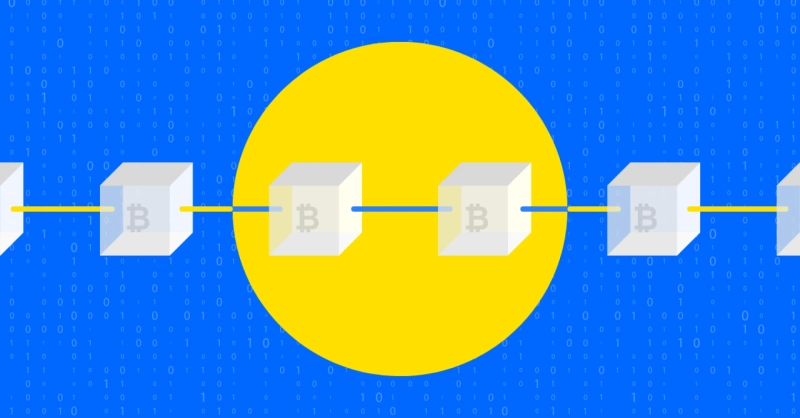As we delve into the world of blockchain technology, it's essential to first define blockchain. At its core, blockchain is a decentralized and secure digital ledger used to record transactions. While it gained prominence as the technology behind cryptocurrencies, its applications go far beyond digital coins. In this article, we'll explore various blockchain use cases that extend into the modern economy, highlighting how this revolutionary technology is reshaping industries beyond cryptocurrency.
Blockchain in Supply Chain Management
1. Enhanced Transparency
Blockchain technology is transforming supply chain management by providing an immutable record of goods as they move through the supply chain. Every step, from production to delivery, can be tracked in real-time, providing transparency to all parties involved.
2. Reduced Counterfeits
By verifying the authenticity of products through blockchain, manufacturers and consumers can ensure that they are not dealing with counterfeit goods. This has significant implications for industries like pharmaceuticals and luxury goods.
Blockchain in Financial Services
3. Cross-Border Payments
Blockchain has the potential to revolutionize cross-border payments by enabling fast and cost-effective transactions without the need for intermediaries like banks. This can boost international trade and reduce transaction fees.
4. Smart Contracts
Smart contracts, powered by blockchain technology, automate and execute contracts when predefined conditions are met. This can streamline financial agreements and reduce the risk of fraud or errors.
Blockchain in Healthcare
1. Medical Records
Blockchain can securely store and manage electronic health records, allowing patients and healthcare providers to access and update medical information with ease. This can enhance patient care and data security.
2. Drug Traceability
In the pharmaceutical industry, blockchain can track the production and distribution of medications, ensuring the authenticity and safety of drugs while minimizing the risk of counterfeit products.
Blockchain in Real Estate
1. Property Transactions
Blockchain simplifies property transactions by providing a transparent and immutable ledger of property ownership. This reduces fraud, eliminates the need for intermediaries, and speeds up the closing process.
2. Fractional Ownership
Blockchain technology enables the concept of fractional ownership, allowing multiple investors to own and trade fractions of a property. This can make real estate investments more accessible.
Blockchain in Voting Systems
1. Secure and Transparent Elections
Blockchain-based voting systems offer secure and transparent elections, reducing the risk of voter fraud and ensuring that every vote is counted accurately.
2. Remote Voting
Blockchain allows for secure remote voting, making it easier for citizens to participate in elections without the need to physically visit a polling station.
Blockchain in Intellectual Property
1. Copyright Protection
Artists, writers, and creators can use blockchain to timestamp their work and establish proof of ownership. This protects intellectual property rights and helps artists receive fair compensation for their creations.
2. Royalty Distribution
Blockchain can automate royalty distribution for creators, ensuring that they receive timely and accurate payments when their work is used or sold.
In conclusion, the applications of blockchain technology extend far beyond cryptocurrency, with a wide range of blockchain use cases shaping the modern economy. From enhancing transparency in supply chain management to revolutionizing financial services and improving healthcare, blockchain is disrupting industries and redefining how we conduct business. As this technology continues to evolve and gain broader acceptance, we can expect to see even more innovative applications that have the potential to transform the way we interact and conduct transactions in the digital age. Blockchain's ability to provide security, transparency, and efficiency makes it a powerful tool for addressing some of the most pressing challenges in today's economy.


